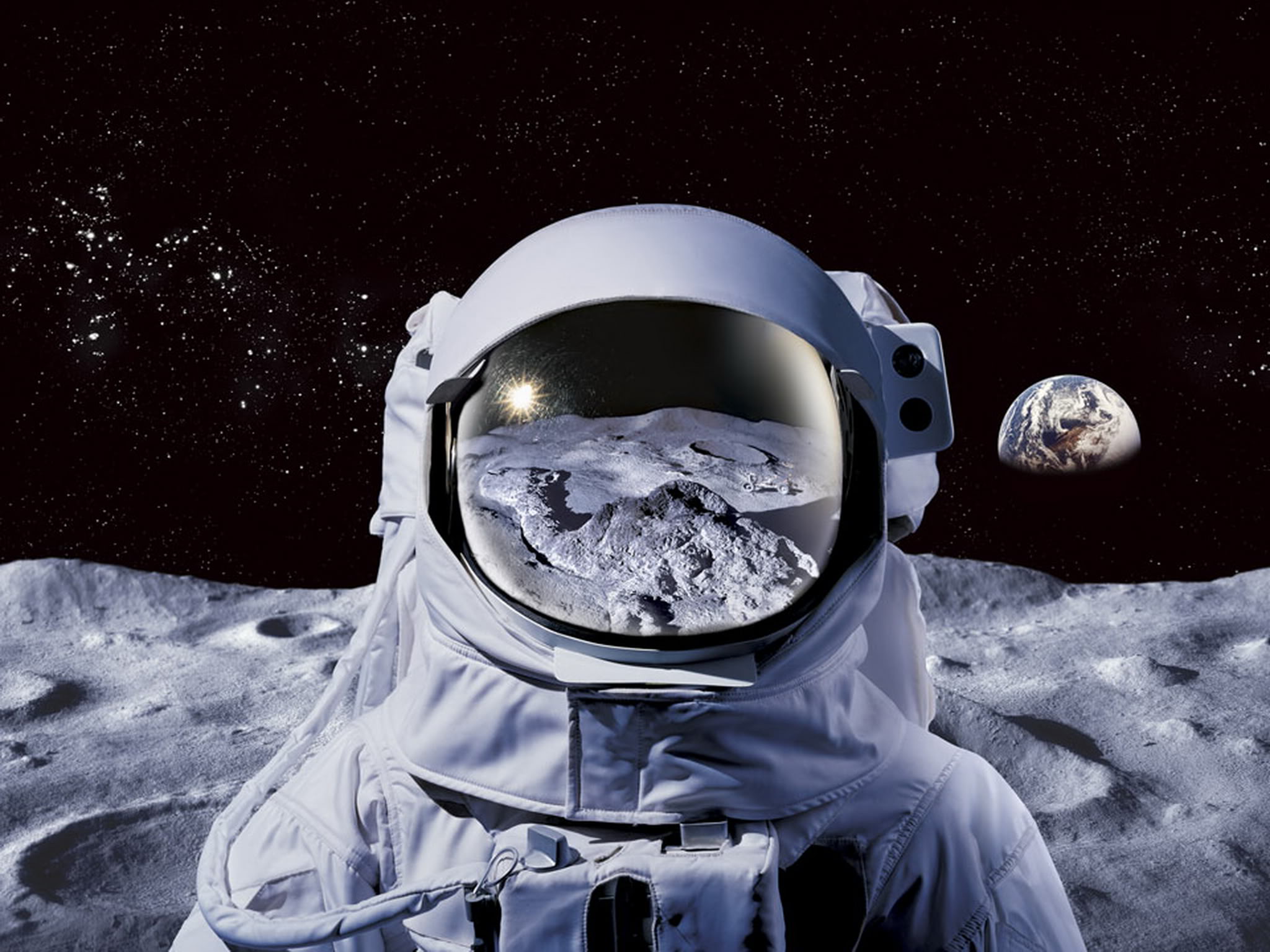Astronauts Could Use Video Games to Combat Isolation in Space

No one knows for sure what a long-range space journey will be like for the people on board. However, some researchers have casually suggested, because astronauts would have a lot of free time to fill, sending along a selection of books and films or even bespoke video games.
—
October 19, 2017
The social scientists who study media use and its effects on behavior believe television helps to deal with ‘isolation.’ Recreating the media environment from before we had permanent, continuous access to anything we want to watch or listen to might help space travelers cope with a loss of a sense of space and time, loneliness, privacy issues, boredom and more.
Floating Rudderless in Space and Time
In space, the distinction between days of the week, day and night, or morning and noon will be mostly meaningless. Before DVDs and streaming, television helped us structure our time. For some, “lunch” was when a particular game show came on. “Evening” started with the news. “Thursday” was when the next episode of our favorite drama finally arrived. Seasonal programming split the year into chunks (Halloween, Thanksgiving, Christmas). Annual events, such as the Super Bowl, helped us realize yet another year had passed.
A media system that recreates structured access would help define time in space, something unlimited access to a random list of movies would not. Knowing that you were watching something that millions of others were watching at the same time created a particular group feeling – think tuning into a royal wedding or a presidential funeral. It remains to be seen how today’s fracturing of the media landscape has changed that. Interestingly, one of the earliest occasions where millions around the world shared a bond in front of their or their neighbor’s TV was the first lunar landing.
Out of Reach, Out of Touch
One reason prisoners like to watch television is that it shows them how the world outside is evolving. If we don’t want long-range space travelers to return feeling like aliens, they will need to keep up-to-date with what’s happening back on Earth.
Television news has an “agenda setting” effect: It tells viewers not only what is going on, but also what matters to people, and public opinion about current events. Entertainment media, from reality shows to game shows to drama, display how fashion, vocabulary and even accents are evolving.
Tuning in to what’s going on back home is also a way to counteract the “Earth-out-of-view” phenomenon. The feeling of being on top of what’s happening on Earth may help keep the psychological connection to the home planet active and strong.
Balancing Solitude and Community
As individuals, astronauts will crave autonomy and privacy. Media can help create “alone time.” Being immersed in a book, a movie or music (using headphones) helps lock out the environment, as every teenager knows.
At the same time, astronauts as a group will need to work on interconnection to be successful. Even though media are often blamed for dissolving social cohesion, they can also create and reinforce powerful feelings of community and group cohesion. Even in families where everyone has their smartphone, and a TV set, a lot of group viewing occurs because members enjoy being in each other’s company. Spectator sports, in particular, can create strong bonds.
Of course, it makes sense that individuals’ interests differ among groups, cultures, and genders, as well as with personal preferences. A supportive media access program will need careful pretesting long before the journey starts.
Building On How We Already Use Media
Media can do much more. People turn to media for mood management, either when they feel down or want to relax. The distraction caused by media is usually seen as negative for people trying to avoid overeating, but if food is bland and monotonous, that might be a good thing.
There are dangers, too. Media can distract from necessary tasks, affect sleep or lead to addiction-like behaviors. News from Earth or exposure to social media could induce fear and anxiety for loved ones.
There is, finally, a more mundane but perhaps also more fundamental reason to incorporate media into the daily lives of future Mars travelers. They will be drawn from a generation that grew up immersed in and surrounded by media access and content. Recreating a reasonable facsimile of that environment may go a long way toward making astronauts feel a little bit more at home out there.
![]()
By The Conversation
Read the original article at Futurism.com

Recent Comments